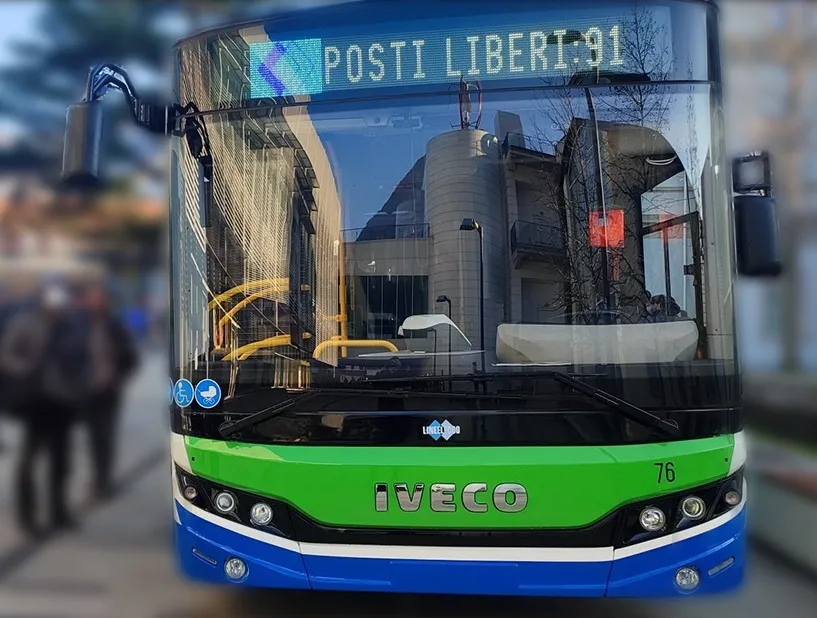
Conduent Transportation has just launched an electronic ticketing system on the Linee Lecco bus network in Lecco, Italy, which is used by several million riders each year.
The new system is designed to complement the contactless EMV (Europay, Mastercard and Visa) payment system that Conduent implemented earlier this year.
“In Lecco, public transport by road plays a fundamental role in the daily life experience," says Salvatore Cappello, MD at Linee Lecco.
"The introduction of the electronic ticketing and contactless EMV fare collection systems have been a priority to make it easier for residents and tourists to access the service."
Updated travel data is also part of the package, which should give passengers better information.
Tickets have radio frequency identification (RFID) chips embedded in them, at selected points of sale and the ticket office. The electronic ticketing system allows Linee Lecco to enhance its knowledge of passenger traffic flows and obtain precise, updated information about the use of its bus fleet, Conduent adds.
Tickets are validated on board using the same validators as the EMV system; riders can pay with devices that are enabled with near-field communication (NFC), such as smartphones and smart watches.
“This is the first Conduent Transportation project in Italy where the validator accepts both EMV payments and electronic ticketing," said Lou Keyes, president, transportation solutions at Conduent.









